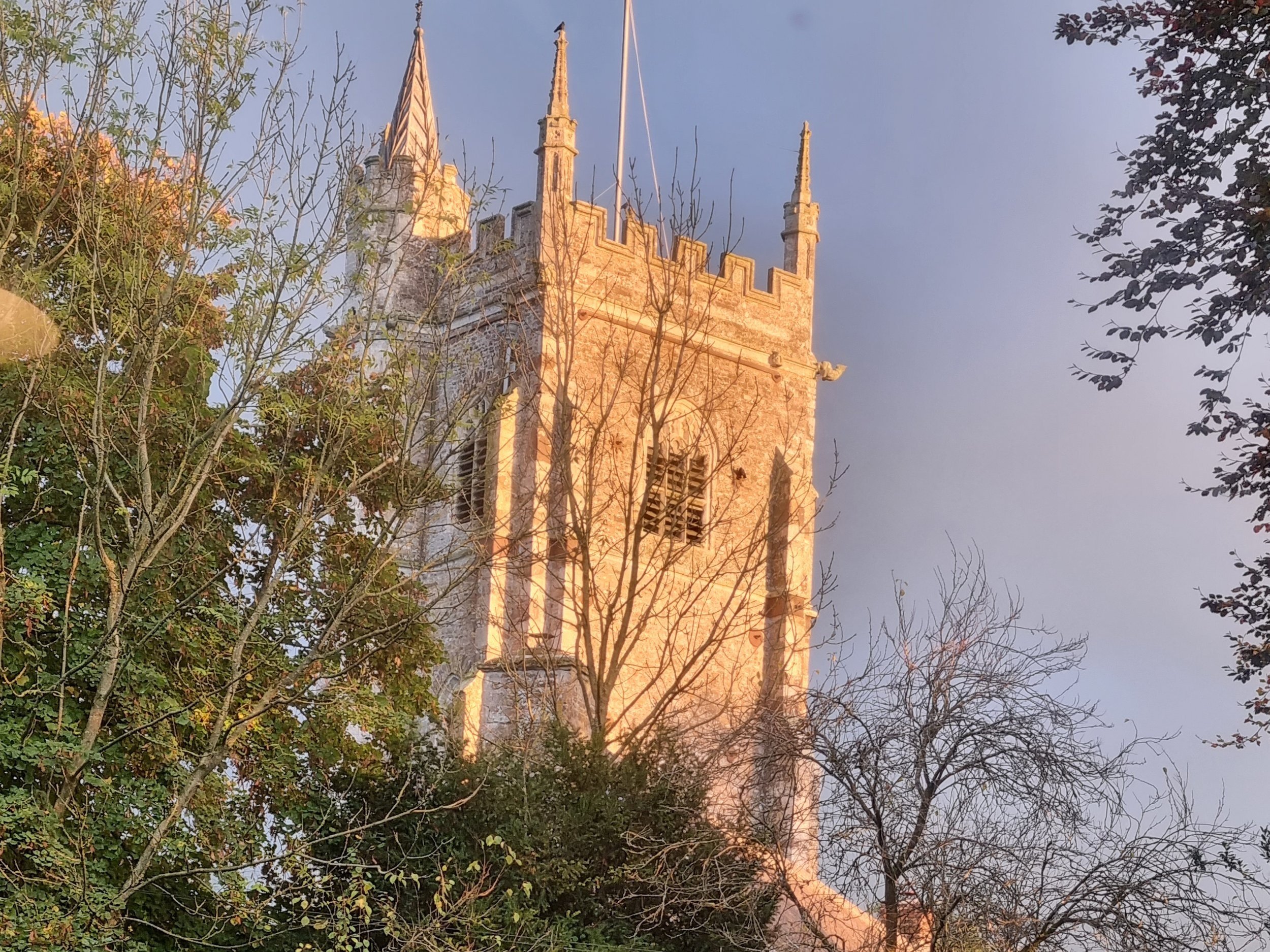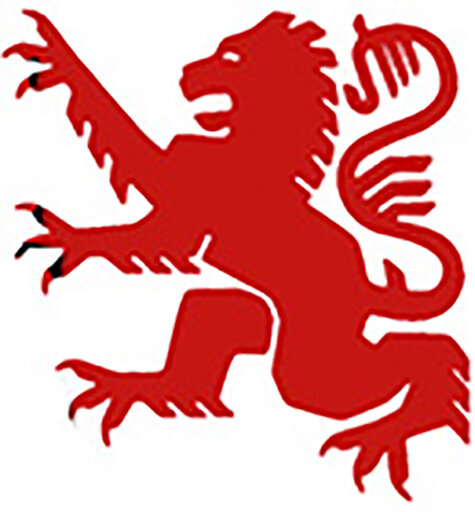
The Village
Welcome to Broadhembury!
Broadhembury
Broadhembury is a village in East Devon, about 5 miles north-west of Honiton and 7 miles east of Cullompton. It is set within the Blackdown Hills, designated as an AONB (area of outstanding natural beauty), in the centre of a horseshoe of the hills of Hembury Fort and North Hill, which create a sheltered, beautiful valley.
Romans, Celts & Saxons…
Hembury Fort, a prehistoric hill fort dating from 3000 BCE, was also used by the Romans. After the departure of the Romans, this area of Devon was sparsely occupied by the Celtic people – in those years Hembury Fort was called Handria. With the arrival of the Saxons, little wattle churches were built and the villagers lived in little cells or wooden huts. The Saxons brought the plough and cultivated the holdings.
From Normans to Tudors…
At the time of the Norman conquest of England in 1066, the population density of Broadhembury was 9 per square mile. During the Black Death of 1364, the population was affected, with two priests dying of it.
Henry VIII presented the land at Broadhembury to his faithful courtier, Thomas Wriothesley, Earl of Southampton, who sold it Sir Thomas Drewe, son of Edward Drewe. Edward Drewe, a sergeant at arms to Queen Elizabeth, was responsible for the building of the manor house adjoining a small farm house at The Grange in about 1603.
The last century…
Broadhembury has changed very little in outward appearance during the last century, with many of the thatch and cob cottages standing since the 16th century.
Julius Drewe purchased the inn and half the village at the turn of the 20th century. Broadhembury House, a large thatched residence, was converted by him from an old cottage. The garden, which is of particular beauty, is occasionally open to the public.
The descendants of Julius Drewe (who also built Castle Drogo in Drewsteignton), still live in the village, in Broadhembury House. It is thanks to Sir Cedric Drewe, who was a Member of Parliament for many years, that the village has kept its excellent character over the years.





